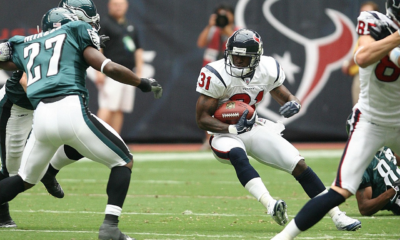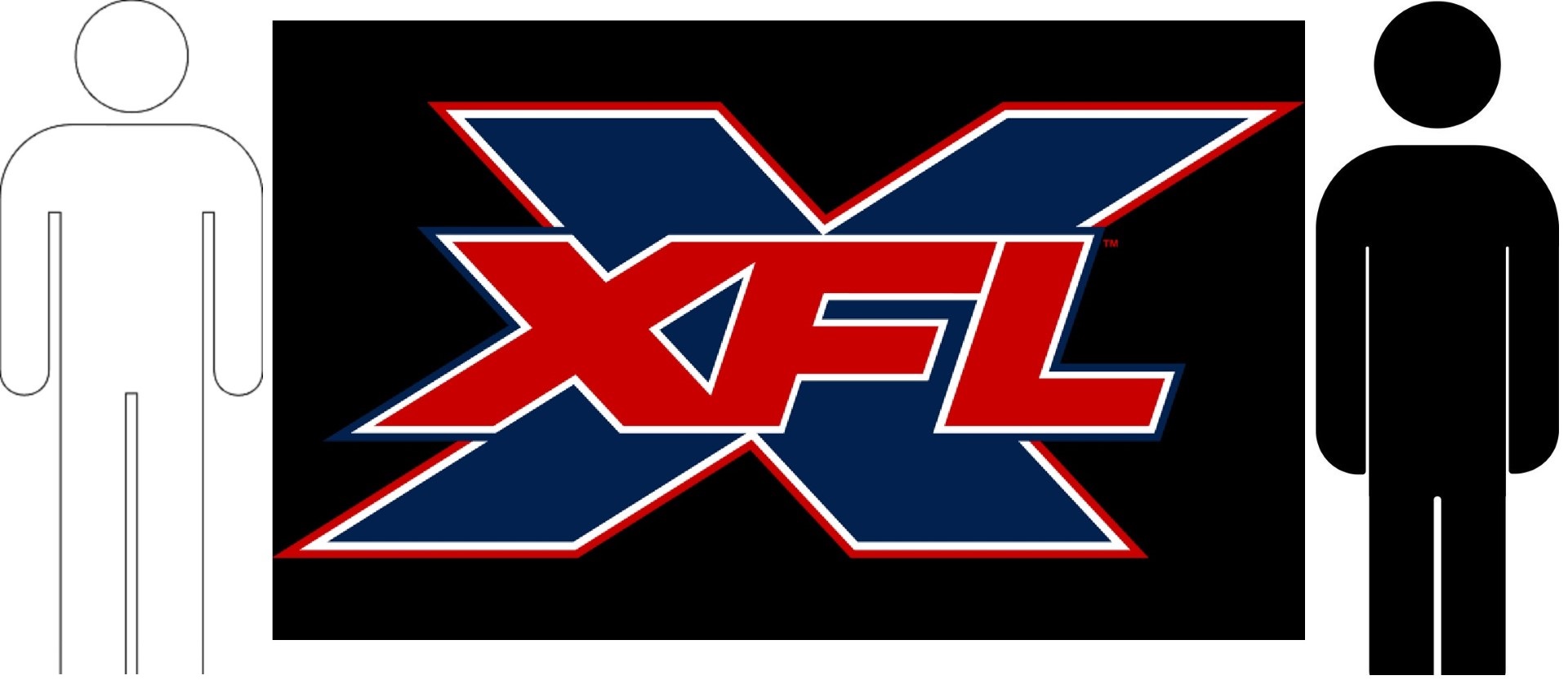
As the XFL showcases wind down, teams continue to fill their staffs. Among an impressive list of experience, virtually unnoticed is the diversity of the coaches.
In 2002 the NFL faced the threat of a racial discrimination lawsuit, highlighted by a comprehensive study exposing the lack of minority coaching hires. Citing an array of statistics, the scathing report emphasized a disparity of hiring and firing decisions that allegedly favored white coaches that contradicted their winning percentages.
Fearing ligitation and a barrage of media criticism would damage their brand, a new policy called the Rooney Rule was enacted to require minority coach interviews for every head coaching vacancy.
Hailed by some as overdue while harshy criticized by others, an increase in black coaches soon followed and the controversy subsided.
Whether incidental or from pressure behind closed doors, the XFL will begin the inagural season without such distractions.
Of the eight franchises, the new league will boast three minority head coaches. Winston Moss (Los Angeles), Pep Hamilton (Washington, DC) & Jonathan Hayes (St. Louis). All three combine for 14 years of college and 48 years of NFL coaching experience.
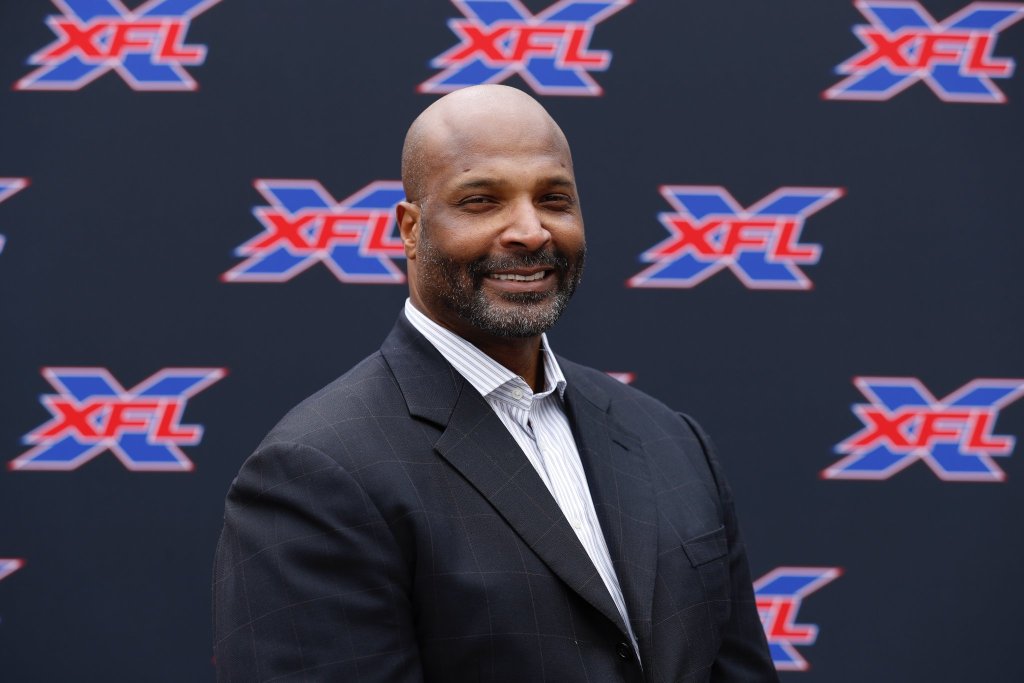
LA Coach Winston Moss 
Washington Coach Pep Hamilton 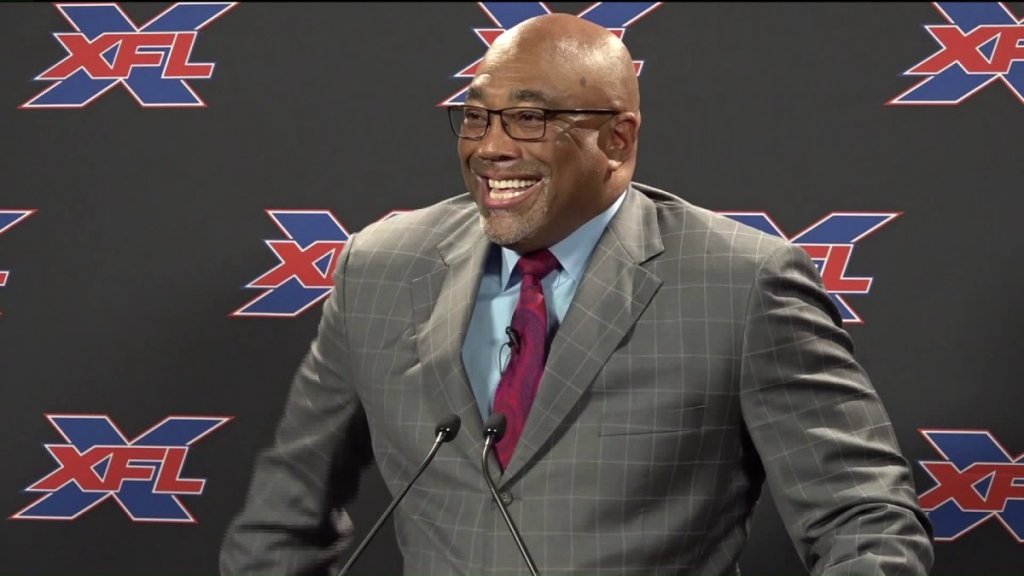
St Louis Coach Jonathan Hayes
Hamilton’s Quarterbacks coach Ted White is another example of those who are filling the ranks of all levels around the league. Both attended the Quarterback Coaching Summit in Atlanta June 24-25 to discuss minority representation in sports. Hosting the second annual summit was former NFL star Troy Vincent, now NFL Executive VP of Football Operations:
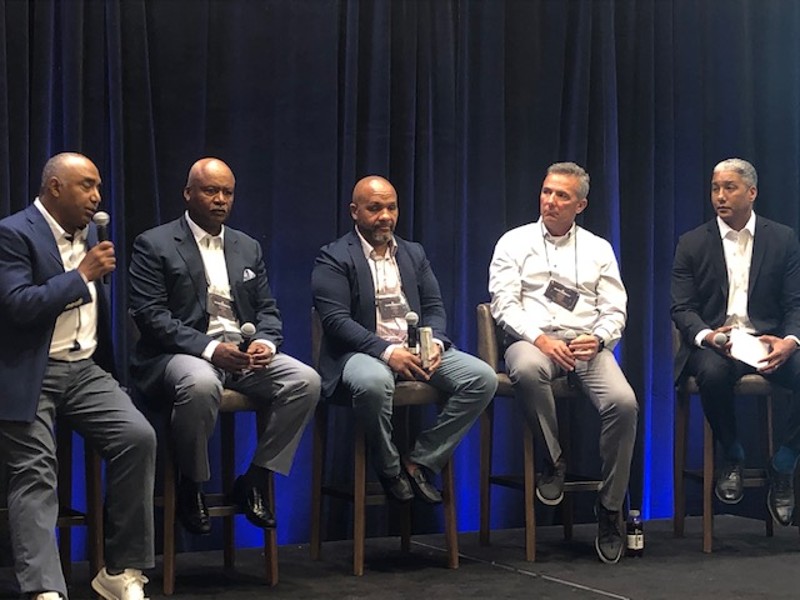
“As part of our ongoing efforts to develop a diverse pipeline of offensive coaches and personnel, the Quarterback Coaching Summit is an opportunity for participants to further develop and perfect their proficiencies in game administration, offensive philosophy implementation and quarterback development”.
Hamilton spoke of the headwinds in getting noticed and taking advantage when a chance presents itself:
“It’s out of our control. The only thing we can do is continue to stack wins and prepare and equip ourselves to make the most of the opportunities that we get.”
Super Bowl XXII MVP Doug Williams experienced those challenges throughout his career and wants others to grab their bite of the apple:
“The guys are out there…there are a lot of guys who could do great jobs working with the quarterbacks, but opportunity is always the key. You need the opportunity to prove yourself. You need a chance. We’re trying to get that for more guys.”
The XFL is the opportunity many have been working toward over many years, moving in and out of multiple cities and working for different franchises. The new 2020 league provides great optimism and encouragement for those fighting hard to make a name for themselves.
Did the NFL set an example for the XFL?
Despite a record seven minority head coaches in 2017-18, the racially charged national anthem protests around the NFL carried over multiple seasons became a firestorm of controversy that commissioner Roger Goodell struggled (and failed) to neutralize or even contain.

We may never know if XFL coaching decisions were influenced by any pressure to avoid media criticism. In today’s hyper-partisan political climate, it’s likely the league wants to fly under the radar and minimize distractions.
Are racially based mandates appropriate?
The desire to avoid negative press, lawsuits and fan attrition is understandable. However, forcing teams to interview someone based on the color of his skin presents a new set of problems:
- It can be viewed as hypocritical since race is not a skill set and should never be used as criteria for employment consideration. If it’s discriminatory to interview only white candidates, the same can be said for any other demographic. Should teams be required to give workouts to a mandated number of white wide receivers, running backs or defensive backs? Or at least one workout for a black QB?
- Race based interview quotas perpetuate tension among white candidates that may have missed out on an interview that had to be given to a minority candidate with less experience, just to fulfill a quota. There is only so much time that can be devoted to coaching interviews while the rest of the team waits in limbo unsure of their leadership and scheme they will implement. Assembling a staff requires timely hires, particularly when other franchises can grab a desired candidate.
- What if the secret is out a team has already committed to the next coach and all minority assistants refuse an interview? The Detroit Lions learned the hard way despite every effort to fulfill the requirement. The Jon Gruden hire raised some ire among the malcontents, but faded quickly.

Steve Mariucci Joey Harrington 
Jon Gruden QB David Carr
- Speaking of tension, what about the black candidates who are used as tokens just to get everyone off your back? Some may not care, while others would be deeply offended at such patronizing (i.e. Lions). Look no further than Ted Cotrell in 2003 who referred to some of his interviews as “bullcrap sessions.”
- The players may feel cheated they didn’t get the coach they should have because he was hired by another franchise while their own team lost valuable time with an extra interview just to satisfy a quota.
- Where does it end? Former NFL running back and former Baltimore Ravens GM Ozzie Newsome also joined the coaching summit. He’s was a catalyst to expand the rule to general managers. It’s an ominous slippery slope without a stopping point.
Owners of sports franchises are in the business for two main reasons: money and exposure. It’s unlikely anybody would recognize their names if they were outside the glamor of professional sports. Billionares like AAF savior-turned-nemisis Tom Dundon made their fortunes elsewhere but didn’t have the recognition until becoming a professional sports team owner.
Once they have the reins, the demand for success is paramount. Winning games means more people in the seats, more concession revenue, more merchandise sales, higher ratings and more advertising income.
We’re quite a bit removed from the old days of George Marshall, so it’s hard to believe owners would deliberately pass on a minority candidate so he can lose more games with a white coach instead.

Sports are temporary escapes from the stresses of daily life. A three hour diversion from our hardships should not be compromised by contaminating entertainment with politics. If social issues are your thing, cable news is available 24/7.
The XFL has only one owner who calls the shots for the entire league. To date, there hasn’t been a diversity policy. With three black head coaches in an eight team league, there’s no pressure to enact one. However, sports media legend Joe Cohen hinted the subject may play a role somewhere along the line:
“There are pendulum swings in this business. Timing is also everything. You’ll see more diversity with this XFL. Vince watches what goes on in society and really embraces that. This will speak to the 21st century.”
Ensuring longevity for the league overshadows petty social issues. Operating any outdoor pro league is monstrously expensive. Owners are only interested in one color and it’s not white or black. Only…

Unleash the Action: Sign up for XFL Insider and Fuel Your Passion for Football!

USFL and XFL Merger: A Deep Dive into the Historic Collaboration
Latest Podcast
-


XFL Podcast
/ 1 year agoXFL-USFL Merger Insights: Houston’s Future, Draft News, Player Movement – Ep. 216
Welcome to Episode 216 of the “XFL Week In Review,” your premier destination for...
By Mark Perry





